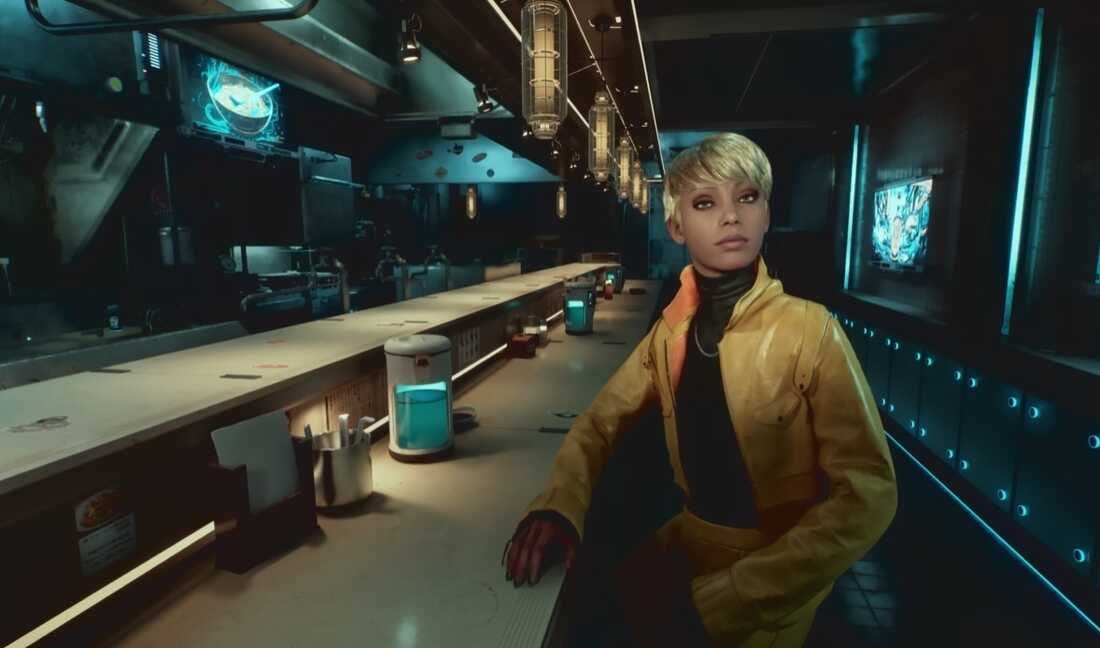The boutique handheld console, the Playdate, fills the most curiously-shaped niche in my gaming habits.
It’s not suited for one-handed play like Marvel Snap, which I whip out on my iPhone whenever I go to powder my nose. It’s not like the Steam Deck and Switch, which accompany me on trains, planes, and the passenger seats of cars.
But any day cold enough to justify a jacket I’ve been sure to pocket the Playdate, just in case I have five minutes to sample one of its dozens of pixelated, black-and-white oddities.
That’s how I crushed Demon Quest ‘85, which cast me as a bored teenager, summoning princes and generals of Hell for my amusement. It’s how I dabbled in Pick Pack Pup, a match-three game loaded with cute visuals and sly gig economy satire.
And this week, it’s brought me Mars After Midnight by Lucas Pope, the genius behind Papers Please, and, my favorite, Return of the Obra Dinn.
Playdate manufacturer Panic contracted with many indie developers to bring bite-sized games to the platform, but Pope was the headliner. Mars After Midnight really delivers — it’s as absurd, gently inexplicable, and mechanically fresh as I hoped.
You play a tentacled, three-eyed, muppetesque Martian, tasked with screening other aliens for community meetings like “Cyclops Anger Management.” It’s like a wry, friendlier version of Papers Please, but the Playdate’s black-and-white graphics otherwise recall The Return of the Obra Dinn. Despite these obvious antecedents, it nevertheless feels wholly unique, on a wholly unique platform.
Is Mars After Midnight worth the $200 the Playdate cost me? Not literally — but it’s fast becoming my favorite experience on a device that’s unlike any other (it even uses the console’s small buttons and tiny hand-crank so sparingly to minimize the strain Playdate games normally cause!).
I’m running late to an Escape Room (I hope I make it out alive!), yet I can’t dash off this newsletter before linking to my colleague Vinny Acovino’s excellent audio and digital piece on how generative AI is already reshaping game development:
"Ten years from now, the AI might become so good at what it does that it's indistinguishable from the best human writers," says Eric Barone, who wrote and designed the hit game Stardew Valley entirely by himself.
"I feel like we have to turn to a spiritual element here. I want to play games by human beings, not games made by soulless machines."
It's an ethical question writers are confronting now. But players will face it soon, and they'll have to decide whether games written by artificial intelligence are the games they want to play.



